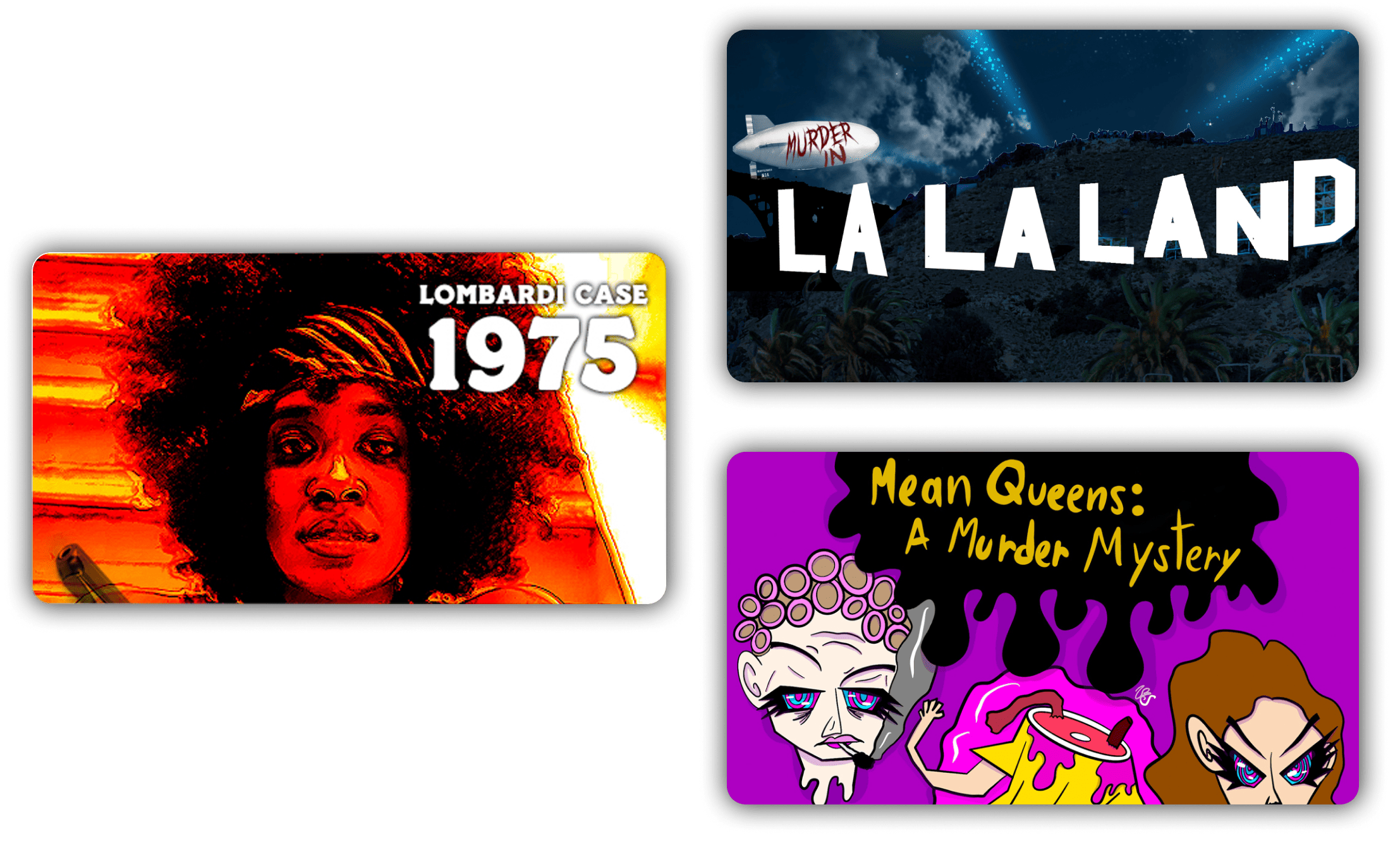The Importance of Interactive Theater.

May 5, 2018
The Importance of Interactive Theater.
May 5, 2018
With so many leaps and bounds being made in the mediums of film and television, it can often be difficult to fathom why people are still flocking in large numbers to the theatre where they can take in shows amongst potentially hundreds of other people. Particularly, interactive theatre. There are many reasons why interactive theatre can be so important today, whether you are in the audience or on the stage itself. Here are just a few…
#1: Expressing Yourself
If you ask any actor why they do what they do, you can often count on hearing about the need for them to express themselves. Though this can be done through acting in front of a camera as well, there is an extra level of self-gratitude when you’re on a stage or in front of a live audience. The instant and honest reactions are something that cannot be replicated any other way and allows you to feel an extra sense of fulfilment when expressing yourself. In interactive theatre, the opportunity to interact while in character or as an audience member with a character from the story you are experiencing takes that gratification to a whole new level.

#2: Education
No matter what you are doing in regards to theatre, there is always an opportunity to learn. Not only will you likely learn about the topics being covered in the performance (whatever those may be), but you have the ability to learn about the people around you. The interaction brought about by rehearsing for a show or even just attending to performance, in general, is priceless and a great way to broaden your horizons and expand your mind. When you experience an interactive show, the idea of living in the moment is highlighted, providing a more enlightening experience. It is easier for an audience to learn more about any topic if they are placed at the center of the action and allowed to move the plot along themselves.

#3: Understanding
Let’s piggyback off of education for a minute and take things one step further. Interactive theatre cannot only educate us about history and help us to get to know the people around us. It can also further our own understanding, knowledge, and tolerance of the cultures and viewpoints that surround us. A story that takes place in a particular region of the world or one that focuses on a particular problem facing society puts a story directly in front of an audience that is forced to acknowledge and contemplate these issues for the duration of the show. It gives us prime examples of what we may not fully understand and guides us towards ways to think and contemplate it openly.

#4: Fun
This may seem like a simple idea but think about it. Very few in need of some therapeutic (or otherwise) acting can simply hop in front of a camera and get their fix. For starters, very few opportunities like that actually exist. Second, as we said earlier, it may not come with the same fulfilment as acting onstage. The fun one can have with interactive theatre is entirely unique and something that sets it apart from other performances. The ability to interact with others playing characters or as a character yourself introduces another level of playacting.

#5: Creativity
Above all, interactive theatre lets us exercise our creativity. At a glance, this may strike people as only being applicable to the actors. Certainly, actors are allowed to flex their creative ideas and bring their own feelings to the stage. But the audience, attending a theatrical performance, gets to experience a story more or less in real time. Both the audience and the actors are put on the spot to think on their feet and deal with ever-changing circumstances. Even when the performance has long since concluded, that audience has the freedom to continue thinking and dreaming, something that could be made entirely possible by the theatre they experienced.

Along with giving people an outlet to express themselves, be creative and have fun, theatre can help teach us in ways that other mediums can’t. It is presented in a way that provides us with easy resources to understand things we may not have ever thought about whether they are social and cultural problems or issues you might be able to identify in your own life.
Immersive Murder Mystery for Online Team Building


